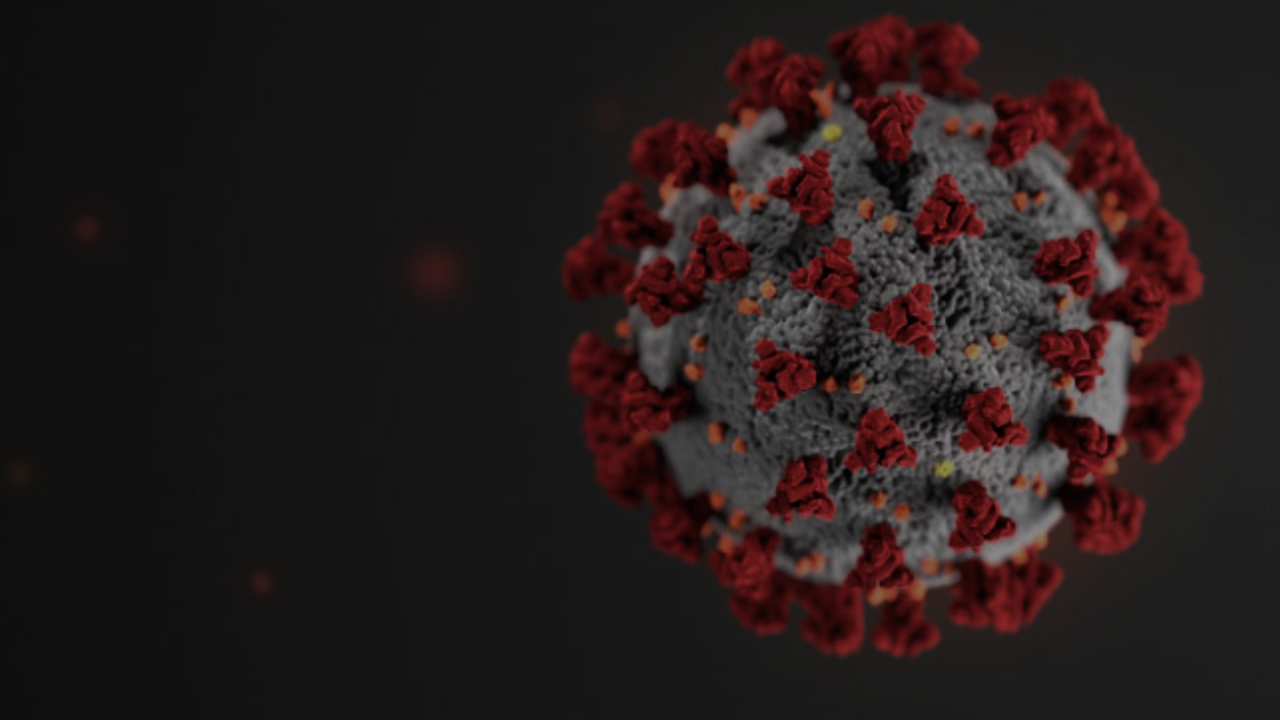The FMCC Provider Team strives to keep you thoroughly updated on matters related to women’s health. This statement represents the FMCC Provider Team’s collective opinion on the COVID-19 vaccine as it relates to patients desiring to achieve pregnancy, patients who are currently pregnant, and those who are breastfeeding. This is not a political statement. The complexities of a political nature surrounding the vaccine, specifically, and the COVID-19 pandemic are significant and real but do not affect our advice on the vaccine within this context. Information about the COVID-19 vaccine in this blog post will be updated as needed. Last Update: September 2021
When the vaccine originally became available there was sparse data on its use in pregnant and breastfeeding women; That is no longer the case. There are now several hundred thousand pregnant and breastfeeding women who have received the vaccine and have been monitored through the CDC’s “V-safe” program over time. There is no evidence that the vaccine causes complications in pregnancy, regardless of when it is given during the pregnancy. Specifically, the miscarriage rate and the rate of other complications in pregnancy are the same among those who are vaccinated and those who are unvaccinated.
There is good evidence that unvaccinated pregnant women, especially those in the third trimester of pregnancy, are more likely to become seriously ill if infected with the COVID-19 virus.
Regarding those who are struggling with infertility and/or those who are merely hoping to become pregnant, there is no evidence that the vaccine causes any fertility-related problems. This concern was expressed early on but has been resolved.
Despite this evidence related to pregnancy, breastfeeding, and fertility, many still question the effectiveness and safety of the vaccine. The following is a very brief summary of salient points based on what we feel to be trustworthy information derived from public health, infectious disease, and critical care medicine experts:
- The new delta variant of the covid virus is almost twice as infectious as the original variant.
- The vaccine and/or immunity from a previous infection provide excellent protection against the delta variant. In a United Kingdom published study, the vaccine protected against infection in 88-94% of those vaccinated. This is an extremely high rate of protection and would have prevented 113,000 hospital admissions in the months of June and July alone.
- The vaccinated who become infected are much less likely to become seriously ill.
- Multiple surveys around the country confirm that over 90% of intensive care unit patients with COVID-19 are unvaccinated.
- There have been over 200 million Americans vaccinated to date. There have been some vaccine-related complications, some of them serious. However, this vaccine has received more scrutiny than any vaccine in history. The vaccine is safer than the disease—based on the research available, this point is clear.
- Those who are medically frail, the elderly, and immune-compromised, should remain vigilant and do what is possible to avoid infection, even if vaccinated. A booster vaccination or even a series of booster vaccinations may be necessary for these individuals; we will know more about this in the months ahead.
- Other than a history of a serious allergic reaction to another mRNA vaccine or to a component of the COVID-19 vaccine, there are essentially no medical reasons not to receive the vaccine.
Christopher Stroud, MD
Fertility and Midwifery Care Center, LLC
Holy Family Birth Center, LLC

